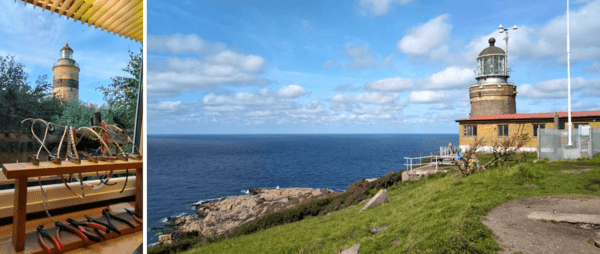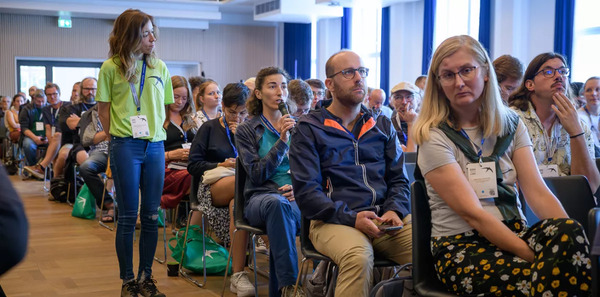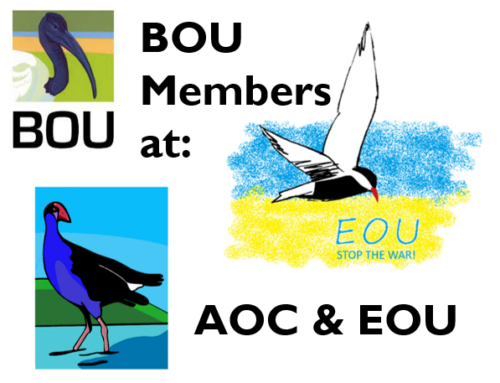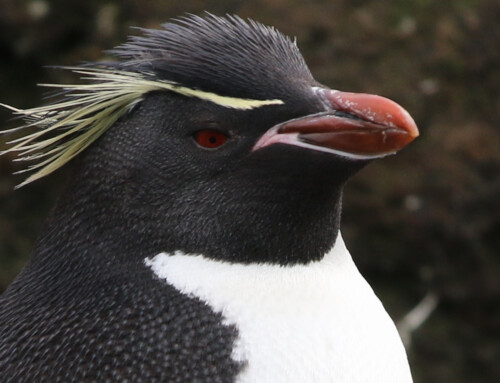The COVID pandemic put a dent in everyone’s conference attendance, so after a prolonged break from international in-person conferences I was all too happy to return to the scene at this year’s European Ornithologists’ Union conference in Lund, Sweden. As it happens, it had been ten years since my first EOU conference as a freshly graduated biologist and a very, very early career scientist. The crux of conferences really is the community; connecting and re-connecting with colleagues and friends made through our careers. The situation had me ruminating what the past decade has been like, particularly for early career researchers.
Throughout EOU2023, the conversations I had with peers had a common thread; the instability of our employments in academia and research. Few of us have secured indefinite positions and/or are not caught in the loop of having to apply for future funding while employed in projects too short to conclude the work we were contracted for, with each available funding scheme too short to plan long-term research or monitoring. It is quite the elephant in the room when this demographic makes for an overwhelming proportion of presenters at the EOU, and indeed of the producers of the research output in the natural sciences (Larivière 2012).

Figure 1 Much like lighthouses, ecologists have been warning against impending doom by shining a light on evidence. It’s now time to pull out the foghorn (Falsterbo and Kullen Lighthouses photographed at #EOU2023) © Marie Claire Gatt.
And so it begs the question; are we training too many ornithologists for what is needed, or are employment opportunities for ecologists lacking – both within and outside academia?
Climate change and conservation were a common theme between EOU2013 and EOU2023, and have been on the agenda of each ornithological and ecological conference in between. Given the legal weighting avifauna have internationally as sentinels and flagship species, it appears there would be work to be done in continuing to understand the ecology, life history, and pressures experienced by birds and the communities they form part of. The underlying limiting factor for the long-term employment of experts in ecology seems to be that, on the most part, our work has no commercial value. We are part of a society where we are expected to serve economic interests, rather than a society where economic priorities are set to benefit humanity as a whole and the ecosystem we depend on. The inherent flaws of the current economic system made cameo appearances in some presentations at EOU2023, from how we are fighting the tides of political decisions putting spokes in the wheel of species conservation, to the roles the economic model has in shaping neighbourhoods, with knock-on effects on urban biodiversity.
This root problem is also the source of the climate crisis, where everything’s value is monetised with no regard to real sustainability and wellbeing for all. For us natural scientists, who experience and recognise the destruction of an ecosystem we value, it is ever frustrating to realise how the science and policy addressing these problems has been around for decades. But we must also ask ourselves, where have we been in our role as citizens? With so many of us scrambling to keep a living and some sort of work-life balance (a phrase so often used it is alarming), perhaps it’s no surprise that we have no time to be active in public fora. Beyond that, though, scientists have typically held back from taking on roles in activism and advocacy because we’ve been made to believe it does not align with our inherent quality of objectivity (while also fearing retaliation through the withdrawal of funding opportunities we desperately need). However, it is necessary that we leave our “ivory towers” and return to the community to be vocal about what we know to be objectively true. The participation of scientists in activism is not a conflict of interest, it is an act of practicing what we preach. Recently, a group of life scientists wrote at length about the limitations and failures of the research community in this regard and put forward a rallying cry for researchers to be more vocal in the values we believe are necessary to safeguard the environment human societies need to survive (Racimo et al. 2022).
Where can we be in 10 years’ time? To some extent, this depends how willing we are to be part of a movement seeking change where it matters, as individuals and as a union.

Figure 2 Marie Claire Gatt making an appeal during #EOU2023 for researchers to support grassroots movementes working towards biodiversity conservation and social justice © EOU.
References
Larivière, V. 2012. On the shoulders of students? The contribution of PhD students to the advancement of knowledge. Scientometrics 90. VIEW
Racimo, F., Valentini, E., De León, G.R., Santos, T.L., Norberg, A., Atmore, L.M., Murray, M., Hakala, S., Olsen, F.A., Gardner, C.J. & Halder, J.B. 2022. The role of life scientists in the biospheric emergency: a case for acknowledging failure and changing tactics. Zenodo. VIEW




